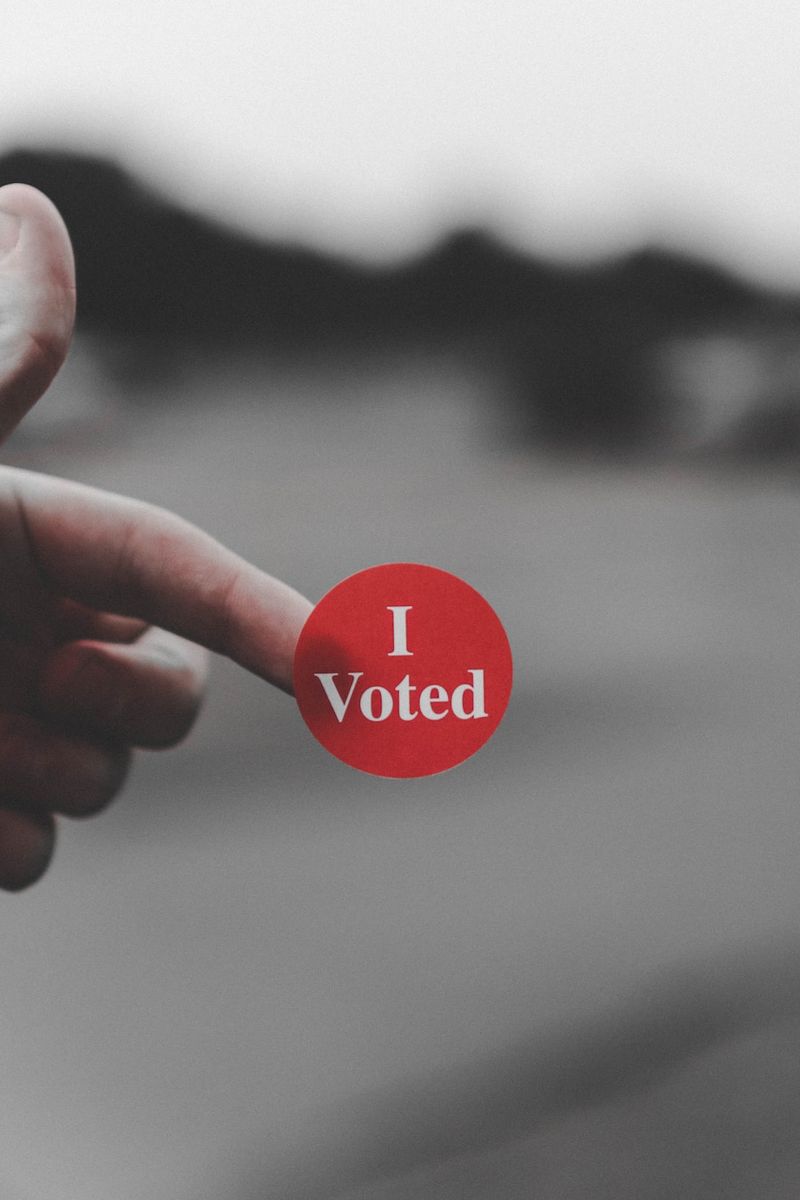Polish Election: Expected Political Earthquake Delights Brussels
The Centrist Opposition Returns
In the recent Polish election, the centrist opposition Civic Coalition has emerged as the victor, sending shockwaves through Brussels and delighting Eurocrats. Led by former European Council chief Donald Tusk, the Civic Coalition’s message to Brussels is clear: Poland, as the fifth-largest country in the EU, is back. This victory is significant as Poland and Hungary have long been viewed as the “bad boys” of the EU, with strained relationships and accusations of flouting democratic norms.
Brussels‘ Concerns and Actions
The European Union has had deep concerns about Poland’s election and its implications. While EU figures have refrained from interfering in national votes, there has been considerable nervousness behind closed doors. The EU has accused Poland of violating democratic norms, such as threatening press freedom and judicial independence, leading to the withholding of funds. Brussels also pointed to the Polish government’s restrictions on abortion rights as a violation of women’s rights.
Significance for the EU
Brussels is doubly delighted by the expected outcome of the Polish election as it defies a trend feared by the EU – the re-emergence of the Eurosceptic hard right across the bloc. With populist and Eurosceptic forces gaining traction in France, Austria, Germany, and Slovakia, Poland’s return to the European mainstream is seen as a positive sign for the EU’s unity and stability.
The Challenges Ahead
Although the Civic Coalition promises to bring Poland back into the European mainstream, it will not be an easy task. The outgoing Law and Justice party, known for its conservative stance, is expected to retain a significant number of parliamentary seats, limiting the new government’s room for maneuver. However, European Commission Vice-President Margaritis Schinas remains optimistic, hoping that the tensions between Brussels and Poland will dissipate now that the centrist opposition is in power.
An Eye on Russia
Unifying Against Russia
Brussels is also eager to thaw relations with Poland due to concerns about Russia. Any disunity among Ukraine’s international backers is viewed as playing into Moscow’s hands. Regardless of who won the Polish election, Warsaw’s staunch stance against Russia was unlikely to waver. Poland’s proximity to the conflict in Ukraine and its historic enmity with Russia make it a crucial ally for the West.
NATO’s Perspective
NATO, on the other hand, maintains a more sanguine view of the Polish election result. The military alliance does not want to involve itself in the domestic politics of national governments but appreciates Poland’s dedication to supporting Ukraine. Since Russia’s invasion of Ukraine, Poland has played an increasingly prominent role in NATO. The Polish people, as well as the government, have demonstrated a commitment to Ukraine’s security and stability.
US Alliance with Poland
Even before Donald Trump’s presidency, the United States had expressed frustration with its European allies’ lack of defense spending. Washington is particularly pleased with Poland’s commitment to allocating 3% of its GDP to defense. It is unlikely that the Civic Coalition, despite its victory, will reverse this trend. Worried about potential spillover from the conflict in Ukraine, Poland has announced plans to strengthen its military and become Europe’s strongest army by 2026.
Conclusion
The outcome of the Polish election has brought a sense of relief in Brussels and among EU leaders. The return of the centrist opposition offers hope for Poland’s reintegration into the European mainstream. It also demonstrates a setback for the rise of Eurosceptic parties across the EU. The challenges ahead for the Civic Coalition include navigating the conservative Law and Justice party’s continued presence in parliament and addressing the concerns raised by Brussels about democratic norms. However, Poland’s unwavering stance against Russia and its commitment to NATO’s goals provide reassurances to the international community.
The Polish election serves as a reminder of the delicate balance and diverse political landscape within the European Union. It is an opportunity for Brussels to reflect on its relationship with member states and strengthen the bonds that hold the EU together. As the EU moves forward, it must continue to address concerns and work towards a more integrated and united Europe.
Keywords: Politics, Polish election, Brussels, EU leaders, shockwaves

<< photo by Parker Johnson >>
The image is for illustrative purposes only and does not depict the actual situation.
You might want to read !
- Polish Election Results Shake Up Political Landscape, Prompting Brussels’ Joy
- Lockdowns and COVID restrictions force major airlines to halt flights to Tel Aviv
- “Golden Memories for Profit: The Surprising Journey of the Friends Set”
- “Epic Legends Reborn: Iron Maiden set to Shake Down Under in 2024”
- Radio Silence: The Enigmatic Disappearance of a Popular Host
- “Endgame Shock: Stanford Shakes up Colorado Football with Dramatic Double-Overtime Upset”




